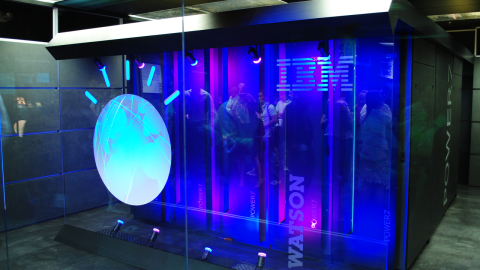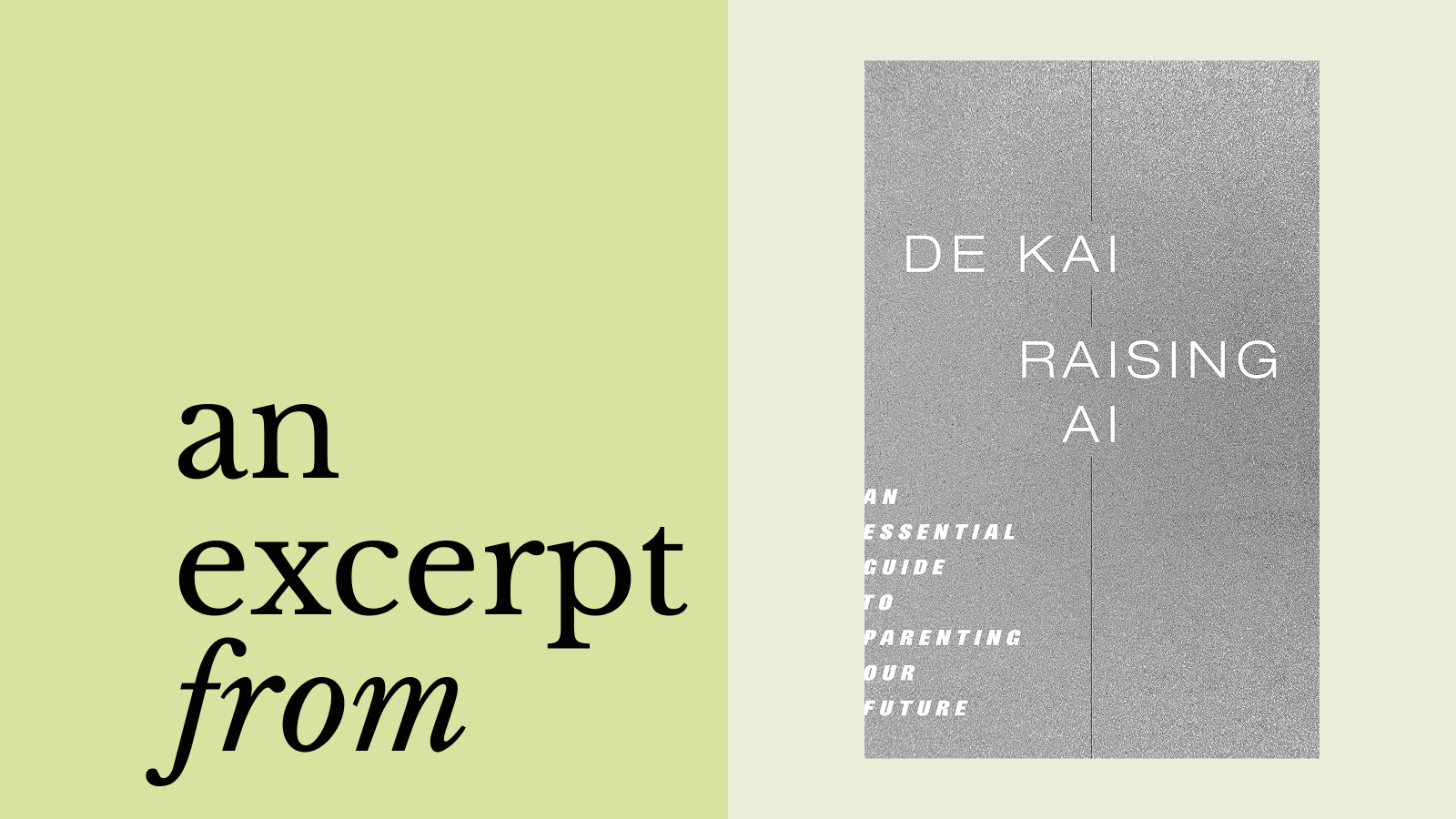IBM’s Watson: Cognitive or Sentient?

The singularity is near! Our smart phones and laptops will one day seem like the gadget equivalent of the horse-and-buggy compared to the machines we will rely on in the future.
Jon Iwata, Senior VP of Marketing and Communications at IBM, stopped by Big Think’s studio to share the epic tale of the little machine that led this major shift—IBM’s supercomputer Watson.
Gather around and watch this interview clip (below). One day you can tell your grandchildren that you were around when a learning computer beat humans—with their sponge-like ability to soak up useless pop-culture trivia—on the popular game show “Jeopardy!”
Iwata explains the massive significance of Watson’s “Jeopardy!” moment and what it means for the future of computing:
It’s really hard to win on “Jeopardy!” And it’s hard for a human and it’s almost impossible for a machine. Because if you play “Jeopardy!” or if you’re just kind of familiar with it, you have to understand puns and allegories, popular culture, rhymes, allusions, double entendres. These are things that computers are baffled by, even some humans. So [IBM] went after this and they struck a collaboration with the producers of “Jeopardy!”, and they built this system called Watson and it played the two greatest human champions, Ken Jennings and Brad Rutter, some years ago.
I was there watching it do its thing live and it won. And the remarkable thing about Watson—that’s the name of the system—we believe it’s the first cognitive computer and what is that? It is a system that isn’t programmed. It is a system that learns. It is a system that improves itself by ingesting all the data it can and by being trained by humans. And this is a profound shift in computation because whether it’s a powerful supercomputer or it’s your iPad, all of those systems are programmed to do what they do. Your iPad can only do what a software engineer designed it to do. That is not the case with Watson. Watson improves itself through learning. And it is therefore incredibly important in this world of big data, most of it unstructured. We will need systems like Watson to make sense of all the data that’s being produced.
Given Moore’s Law, humans can count on having personal Watsons someday. Parents will have to monitor them so that children don’t make their Watsons do homework. Some will undoubtedly be programmed to have Scarlett Johansson’s voice to act out Spike Jonze’s Her. The list of possibilities of course can go on. One thing is for certain today: Watson stands to revolutionize how we live and do business. MIT Technology Review reports that Watson may soon secure a seat in the boardrooms of major companies and help them make business decisions.
For more on Iwata’s compelling discussion on the implications of Watson, watch this clip from Big Think’s interview:





